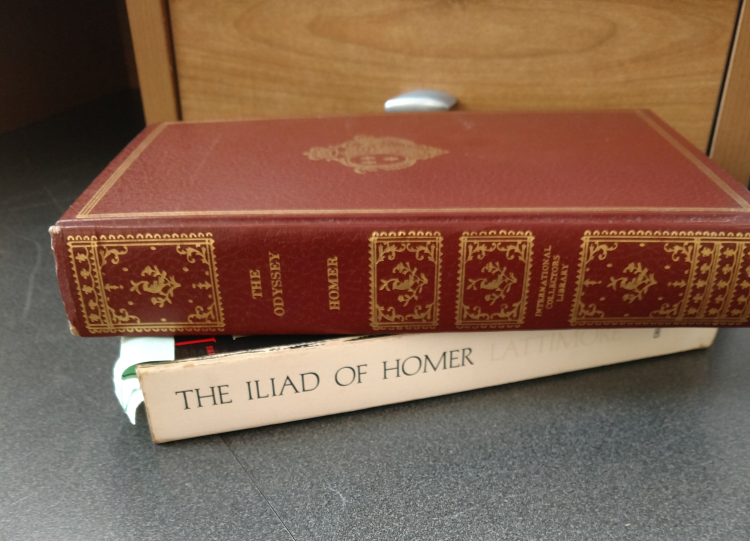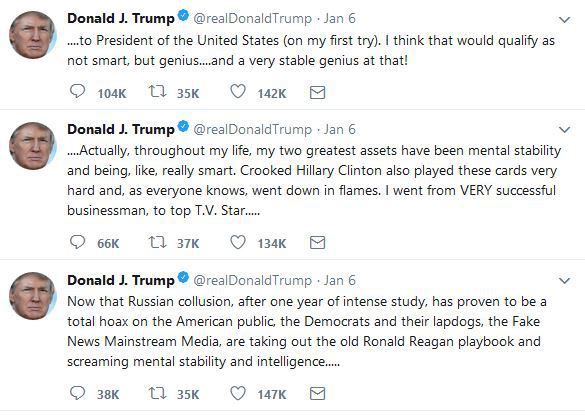Donald Trump’s communication quirks have gotten a lot of attention, but commentators have missed what he shares with Homer and the other epic poets.

Homer has lessons for modern communication.
Something was familiar about his patterns of “Lying Ted,” “Crooked Hilary,” and lately “Sneaky Diane Feinstein.” (If you want to see a more complete list, The New York Times has one here: https://www.nytimes.com/2018/01/05/us/politics/trump-nicknames.html?rref=collection%2Ftimestopic%2FTrump%2C%20Donald%20J.) It was in a bar conversation with my friend Steve, with whom I went through a couple of classical literature class, that it became clear.
Trump was using epithets – Homeric ones as well as insulting ones. In epic poetry, epithets are used to help the poet remember the poem both by providing guideposts and helping to maintain the meter, or rhythm of the poem.
Some of the Homeric ones described things, like “the wine dark sea” and “rosy fingered dawn.” More importantly, they were used to describe people, both groups, like “flowing-haired Achaians,” and individuals, like “swift-footed Achilles.”
The use of these epithets and repetition of them anchors a character trait to the individual and provides a memory anchor for listeners. Looking at the names he assigns, there also is a flow to what he says: two syllable epithets. It provides almost a metrical foot for his poetics.
Consciously or unconsciously, Donald Trump is tapping into an ancient, and effective communication tool to drive home his point and build recurring associations.
His use of repetition and anchoring phrases is similar to the epic poets who first had to recite their works out loud for audiences. They used repetition, epithets, and themes as guideposts to help them remember their poems and help people keep track of the story. He’s not quite using ring composition, where he returns to his starting point in every instance, but he comes close by trying to bring things back around to particular points.
Consider his tweets about his mental stability.

He starts with stability and brings it back to stability.
In a more general sense, Donald Trump is tapping into the traditions of epic poetry by doing his best to turn everything he does into an epic struggle or into an epic success. This is interpreted as narcissism or self-aggrandizement. While it may be those things, it is also an attempt to have a story worth telling, an epic tale. Let’s face it, no one seems to be able to stop listening, as the press reports on every tweet as though it came down from Mount Olympus.
I don’t know if Donald Trump ever studied epic poetry, but his communication style has tapped into a human tradition that has been effective throughout human history. People may not like the story being told, or the person telling the story, but in an age where politics has become a performance art, it doesn’t seem too surprising that these techniques should be effective.
The effectiveness of the communication doesn’t mean that the content is good. Plenty of effective communicators in history have used that power to do bad things. But recognizing how the message is delivered can help us separate form from content and to decide whether something is really worth hearing. This is part of the value of studying the classics.
Advertisements Like this:Like Loading... Related




